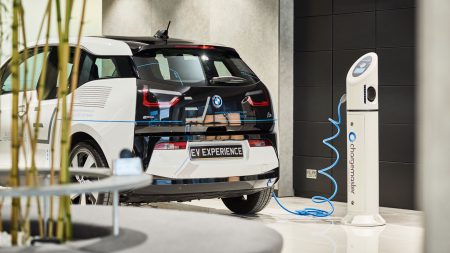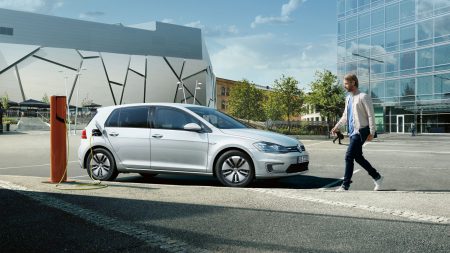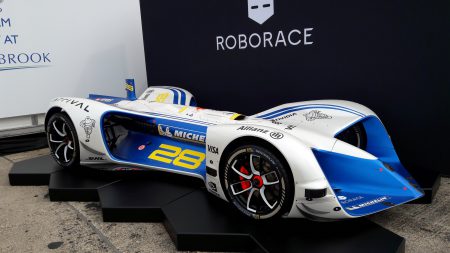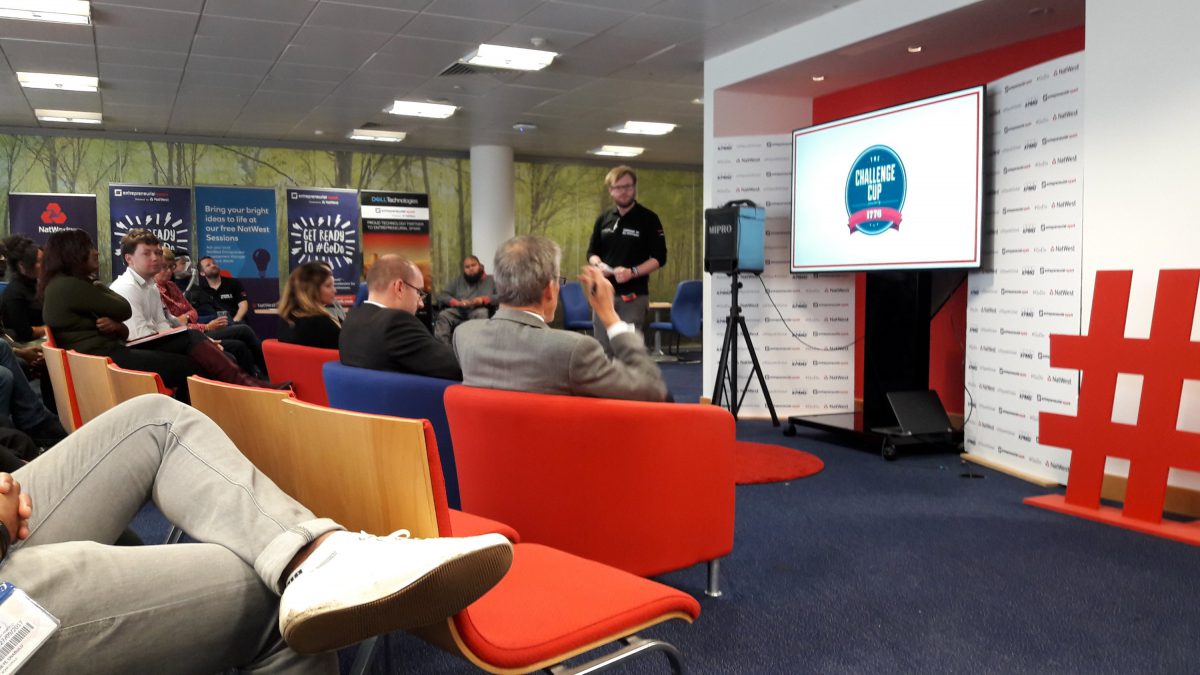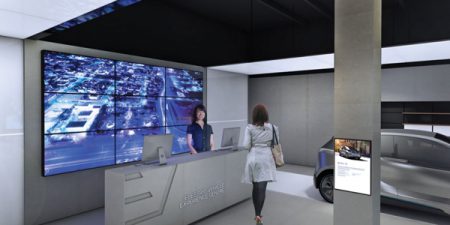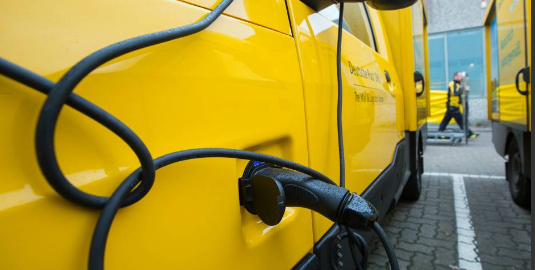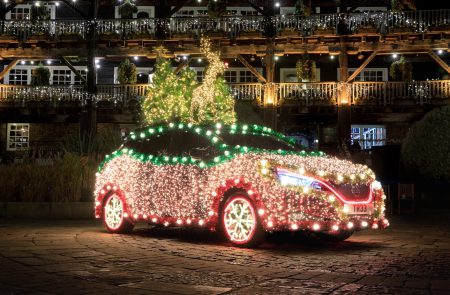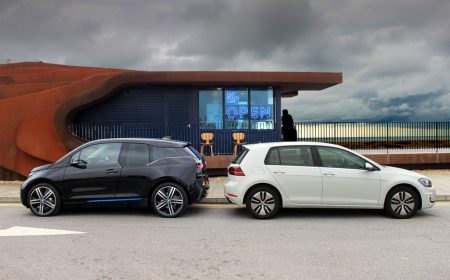The UK’s electric vehicle (EV) charging network gained 106 high-speed charging hubs in 2022, representing an increase of 80%.
There are now 295 locations in the UK with four or more high-speed charging points.
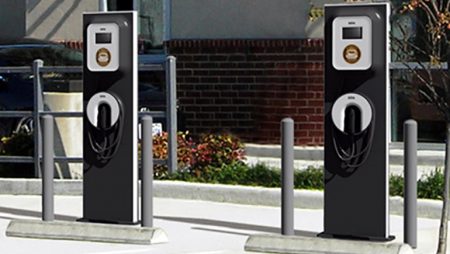
As of the end of December, data from Zap-Map shows that the number of ultra-rapid charge points grew almost 80% in 2022. These high-speed devices – which cater to drivers travelling long journeys and looking to charge as quickly as possible – increased from 1,290 at the end of 2021 to 2,295.
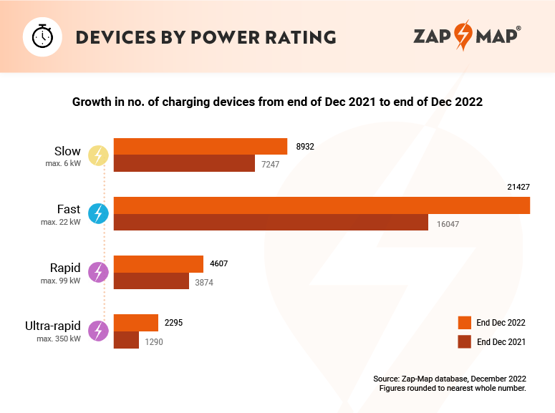
Zap-Map Co-founder & COO Melanie Shufflebotham said: “Over the next few years, the UK will need a mix of charging solutions to suit a wide variety of use cases.
“Focusing solely on the number of charging devices masks the different types of charging available, what they’re useful for, and which ones are needed where.”
One of these key areas is the provision of on-street charging infrastructure. Found on residential streets, these devices tend to be either slow or fast chargers and provide an alternative to charging at home.
2022 saw significant growth in this area, with the number of on-street charging devices increasing by 36% – up from 8,842 devices at the end of 2021 to 12,009 devices by the end of December.


